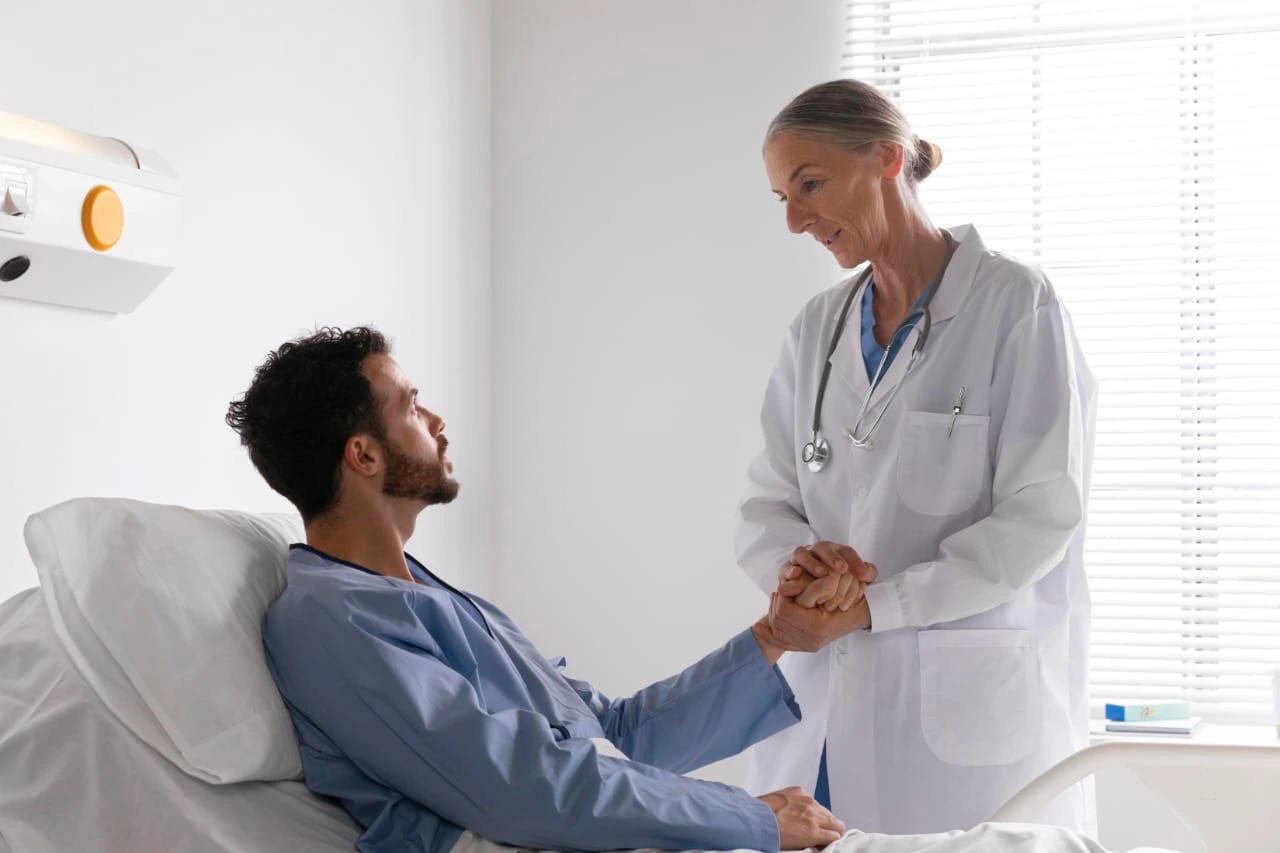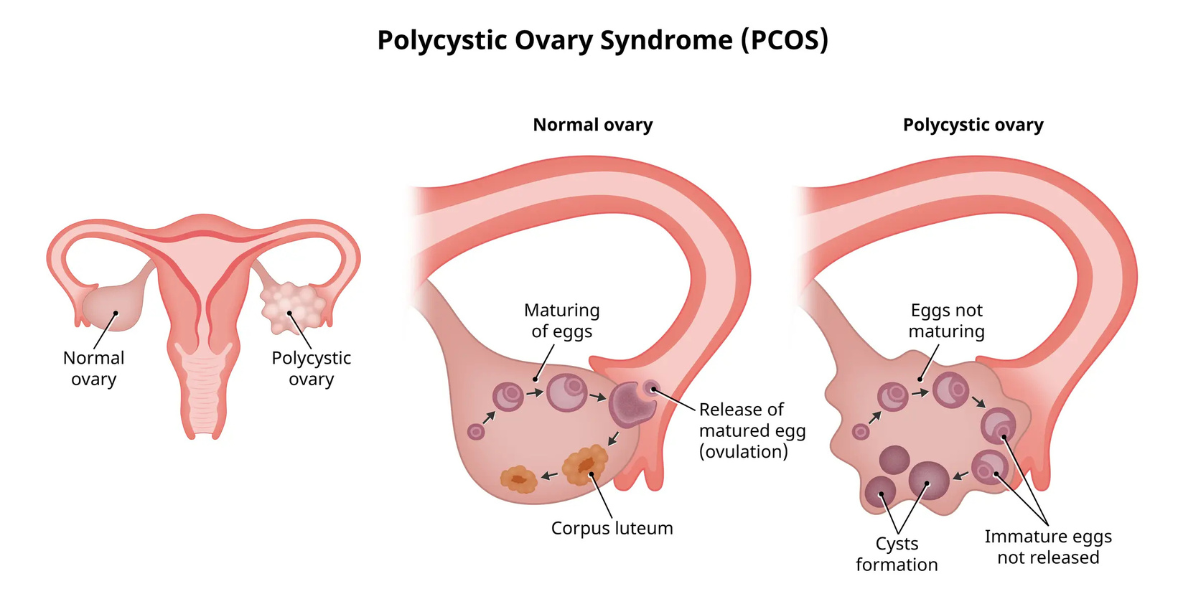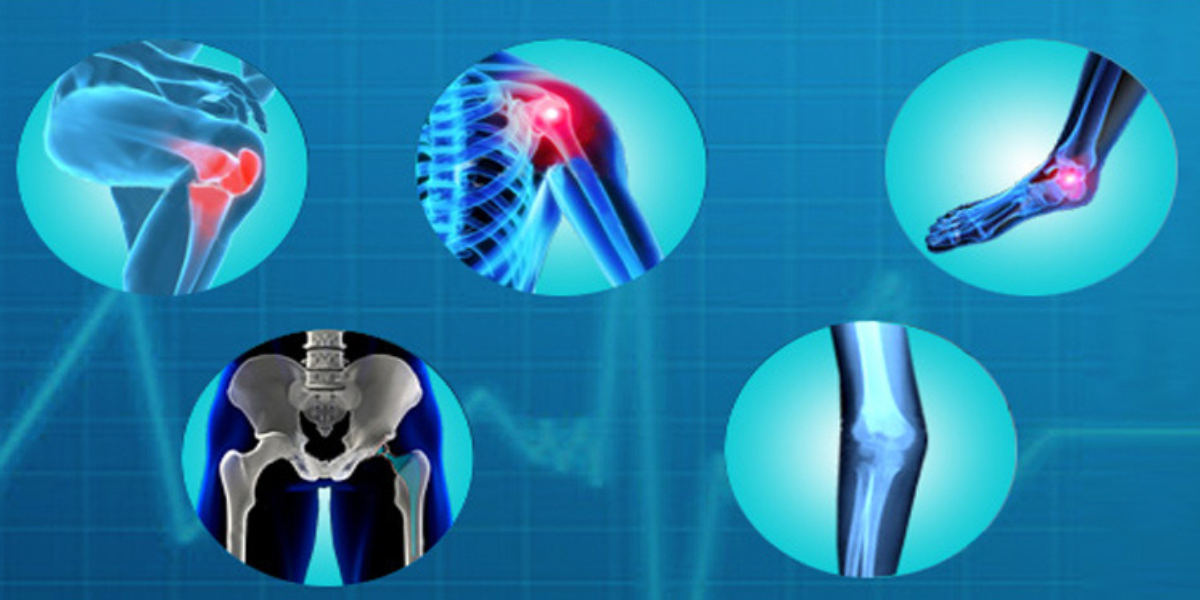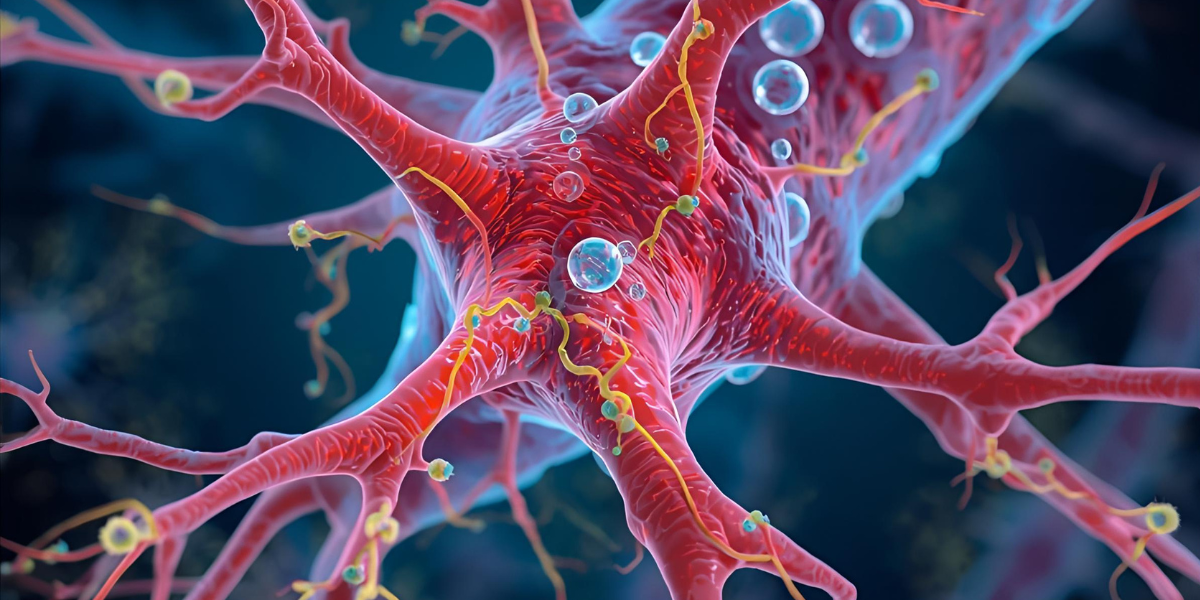
Detect early cancer symptoms to prevent further complications
Introduction
Cancer is a global health burden affecting millions of lives worldwide. Its prevalence is rising steadily over the years with no discrimination between genders, age groups or geographical locations. Cancer is responsible for millions of new cases and deaths annually. Cancer often lurks in the shadows during its early stages, evading detection and quietly spreading its roots. Sadly, the initial stage of cancer goes unnoticed or absent altogether and the lack of recognizable warning signs can lead individuals to overlook or dismiss the severity of the situation. This leads to delaying of critical medical attention and as time passes, the undiagnosed cancer can grow and spread to the surrounding healthy tissues, reducing the chances of a full recovery. Cancer can happen to anyone and early detection remains our most potent weapon in the battle against cancer. In this blog, we are going to be discussing ways in which you can potentially detect some types of cancers early and save yourself from future complications.
Breast Cancer
Breast cancer is a cancer that forms in the cells of the breast. It is quite popular to check your breast for lumps frequently as it is a clear symptom of breast cancer. Other symptoms include bloody discharge from nipple, changes in shape or texture of nipple or breast, etc. However, there is a method to diagnose breast cancer even before the lump is visible called Mammography. Mammography is the process of using low energy X-rays to examine the human breast for early detection of cancer and other breast diseases. A yearly mammography is advised to women of age 40+ to detect whether there is anything to worry about.
Oral Cancer
Oral cancer is the cancer that develops in any part of the mouth. It is quite easy to detect by looking out for any lesions, patches or wounds in the mouth. Dentists and oral health professionals are trained to recognize suspicious lesions or abnormalities in the mouth, tongue, lips, gums, and throat so getting a routine dental checkup will not just help to keep your oral hygiene at its peak but will also alert you of potential early cancer in the early stage as well.
Lung Cancer
Lung cancer is a cancer that begins in the lungs and most often occurs in people who smoke. Knowing the early symptoms of lung cancer can prompt early medical evaluation. Common symptoms include persistent cough, chest pain, shortness of breath, unexplained weight loss, and recurrent respiratory infections. Regular health check-ups are very important in early detection and if lung cancer is suspected, additional diagnostic tests such as chest X-rays, CT scans, sputum cytology, bronchoscopy or biopsy can help confirm the presence of cancer and determine its stage and extent.
Stomach Cancer
Stomach cancer is a cancer that starts in the cells lining the stomach. Symptoms include feeling bloated after eating, feeling full after eating small amounts of food, nausea, heartburn or indigestion. Endoscopy is a vital tool for detecting stomach cancer in its early stages. An endoscopy is a procedure in which a thin, flexible tube with a camera on the end is inserted into the esophagus and stomach. It allows doctors to visually examine the stomach lining and take biopsies if any abnormal areas are found






